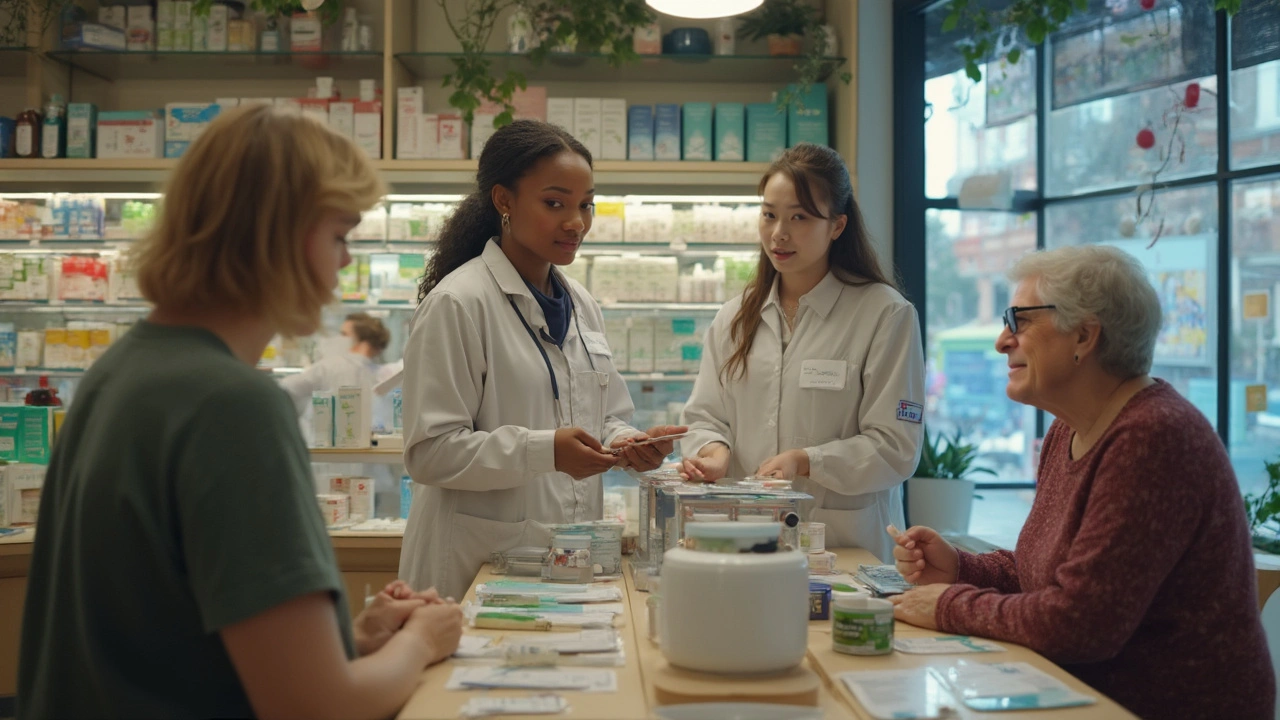Pharmacy Options: How to Choose Safe, Affordable Medication Sources
Need meds but not sure where to buy them? You have options: local pharmacies, mail-order, licensed online pharmacies, and international vendors. Each has pros and cons. I’ll walk you through practical checks so you can pick a source that’s safe, legal, and often cheaper.
Quick checklist before you buy
First things to check every time: does the pharmacy require a prescription for prescription drugs? Can you find a physical address and a working phone number? Look for professional credentials—licenses, pharmacy registration numbers, or verification seals like NABP/VIPPS where applicable. If any of those are missing, walk away.
Compare prices, but don’t chase the lowest price alone. Very cheap offers often mean counterfeit or unsafe products. Check shipping costs, delivery speed, and whether they ship to your country. If you need controlled or specialty medication, confirm that the seller follows local laws—those meds almost always require a valid prescription and extra paperwork.
Choosing online vs local
Local pharmacies are great for quick advice, immediate pickup, and insurance processing. They’re best when you need a consult with a pharmacist, urgent refills, or injections and vaccines. Online pharmacies win on convenience and sometimes price—especially for generics or large refills. Mail-order options can save money on chronic meds but plan ahead for delivery times.
For online pharmacies, trust sites that clearly show license info, pharmacist contact, and an easy way to submit prescriptions. Read recent customer reviews and search for scam reports. Use secure payment methods and avoid sellers asking for odd payment routes like gift cards or cryptocurrency for standard meds.
International pharmacies can be a cost saver, but rules vary by country. Some reputable foreign pharmacies are safe and legal when they ship regulated drugs with a prescription. Don’t assume all international sellers follow safety rules—verify their credentials and read PharmNet guides about specific sites or countries before ordering.
Think about support and returns. Can you get a refund for damaged meds? Is there a pharmacist to answer questions? Good pharmacies provide clear return policies and are responsive when you contact them by phone or chat.
One last tip: talk to your doctor or pharmacist about switching to a trusted online option if cost is an issue. They can recommend places they trust or help you switch to a therapeutically equivalent generic that’s cheaper and widely available.
Want more details on a specific pharmacy type or drug? Check our site guides where we review online services, safety checks, and drug-specific buying tips to help you make the right choice.

